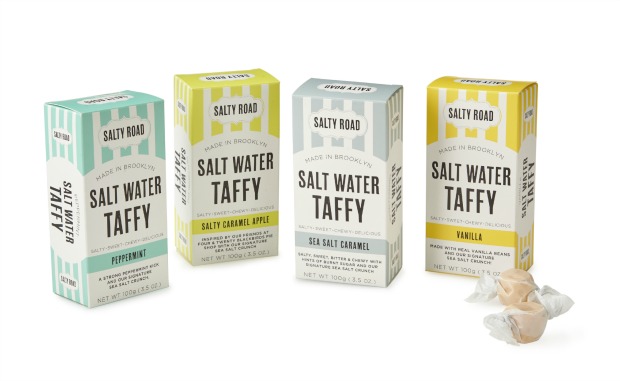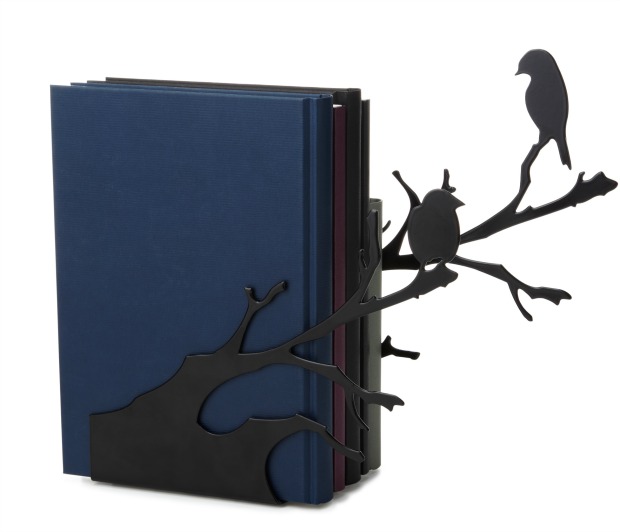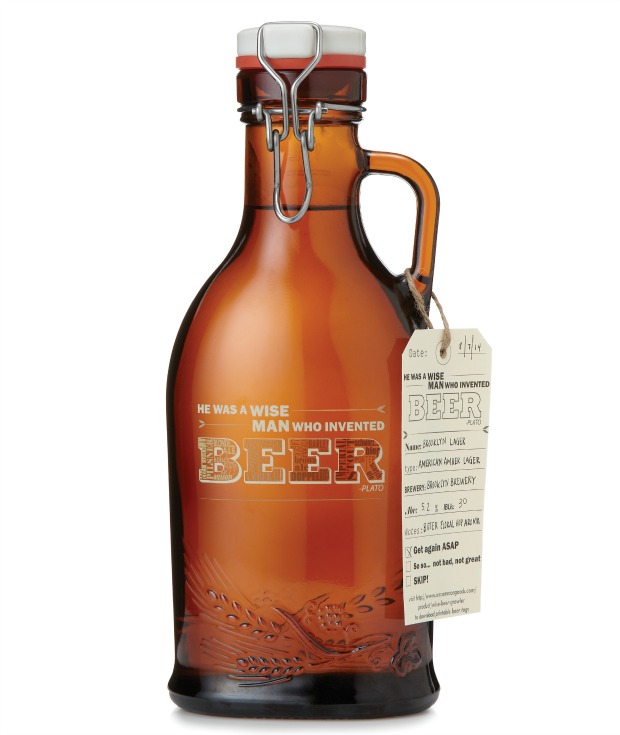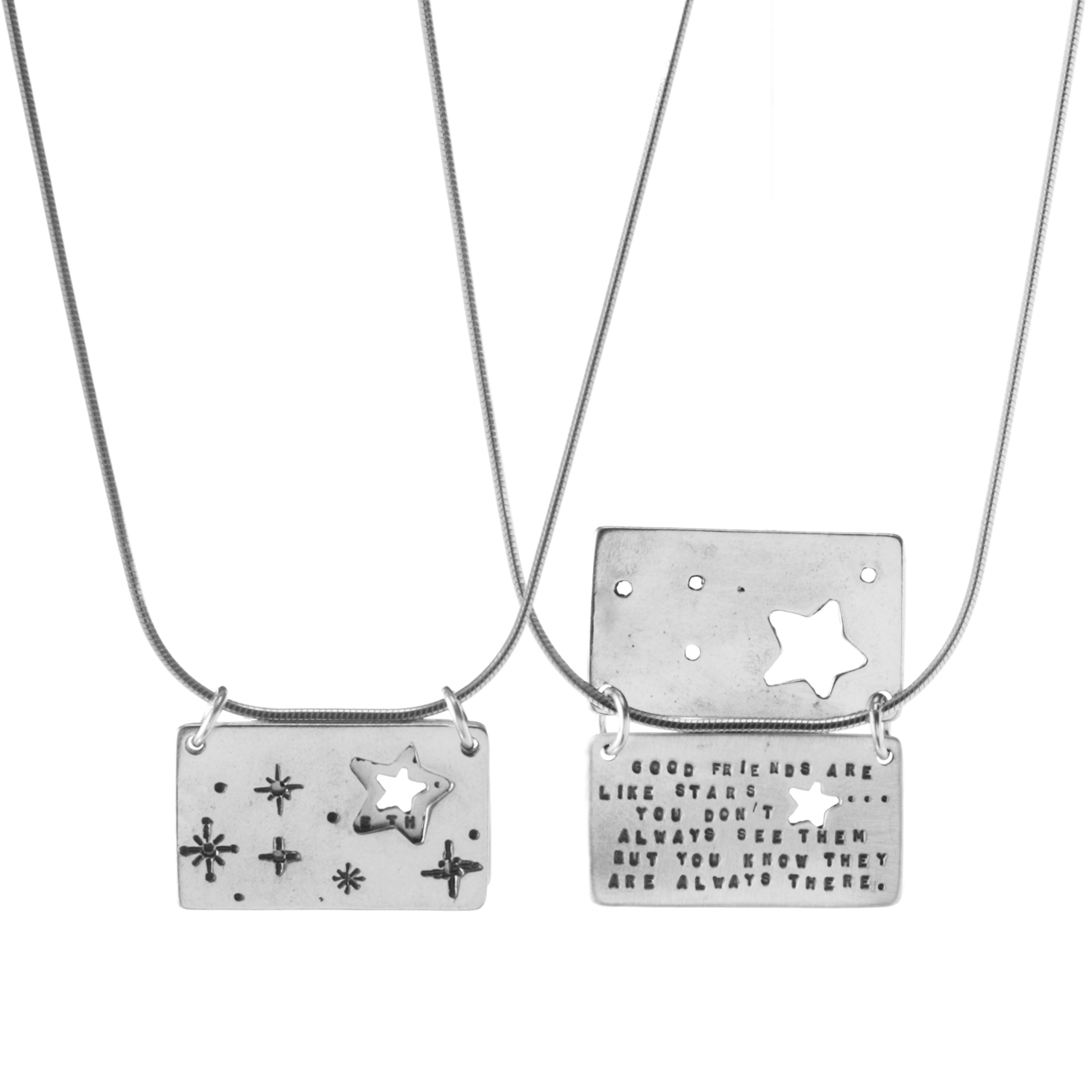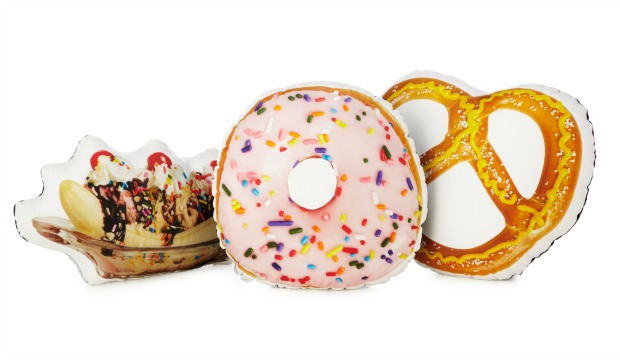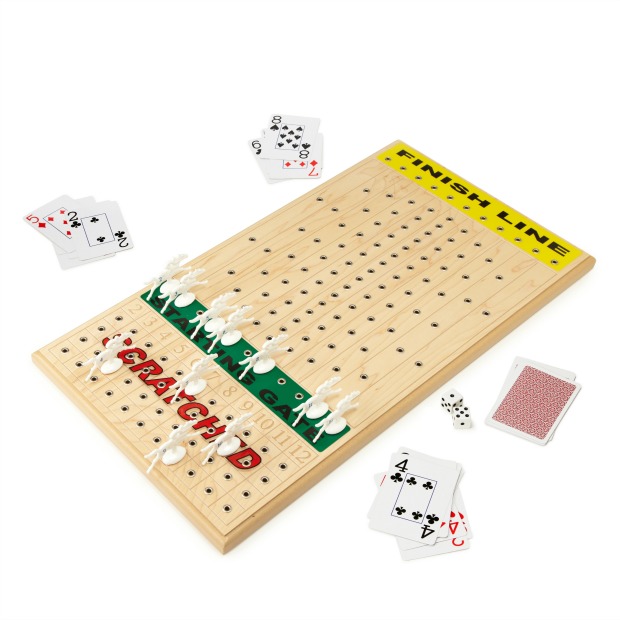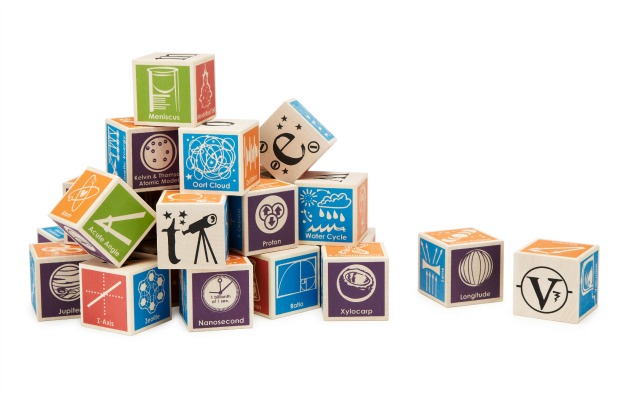Nope, sorry. It has been widely agreed upon that Saltwater Taffy’s origins come from the mind of a business-savvy candy maker, though the specifics remain a little murky. However, there is a Jersey Shore legend that seems pretty convincing:
In 1883, a massive storm hit Atlantic City, clearing the boardwalk of many businesses. Most remaining storefronts were flooded, including a candy shop owned by David Bradley. When a girl came by the shop to buy some taffy after the storm, Bradley looked around the watery store and joked, “All I have is salt water taffy.” His mother overheard the exchange and suggested that it was a catchy name. It was eventually picked up by other vendors in Atlantic City, and then adopted by other vendors in coastal towns. Talk about a name that sticks! Ba-dum-chhh.

